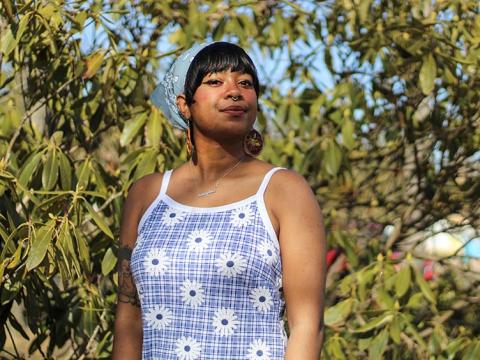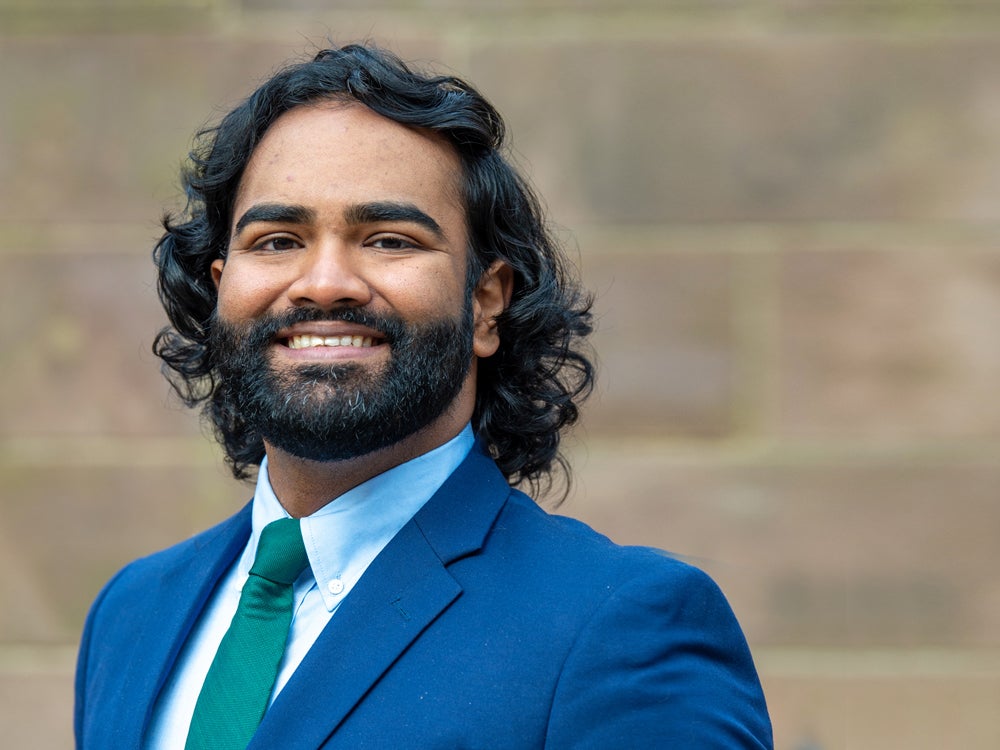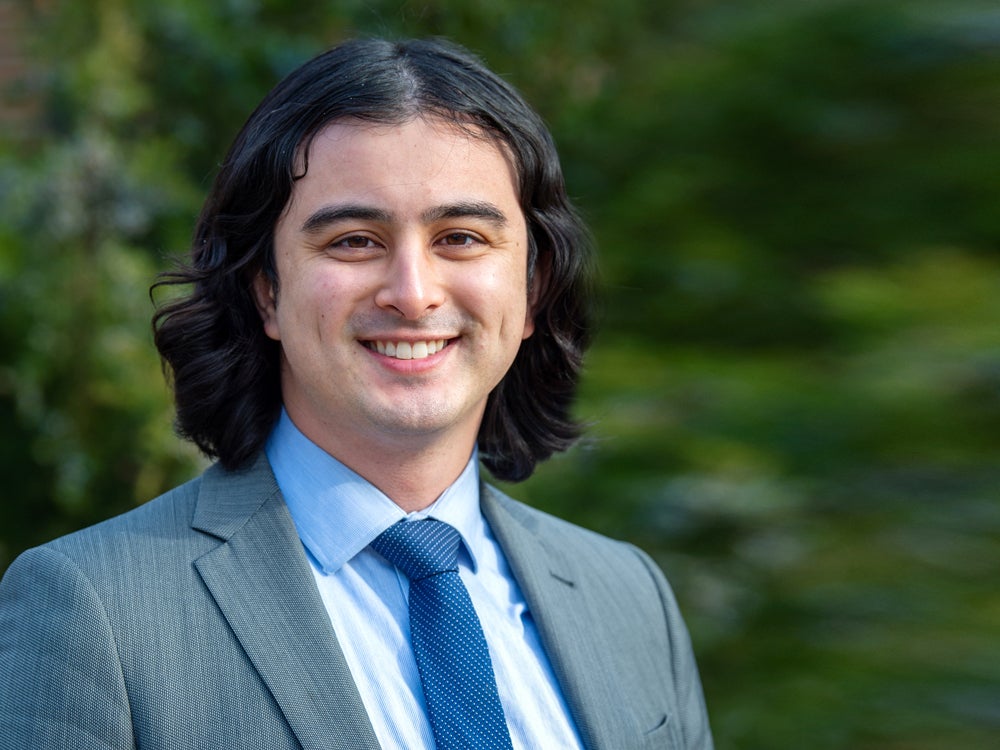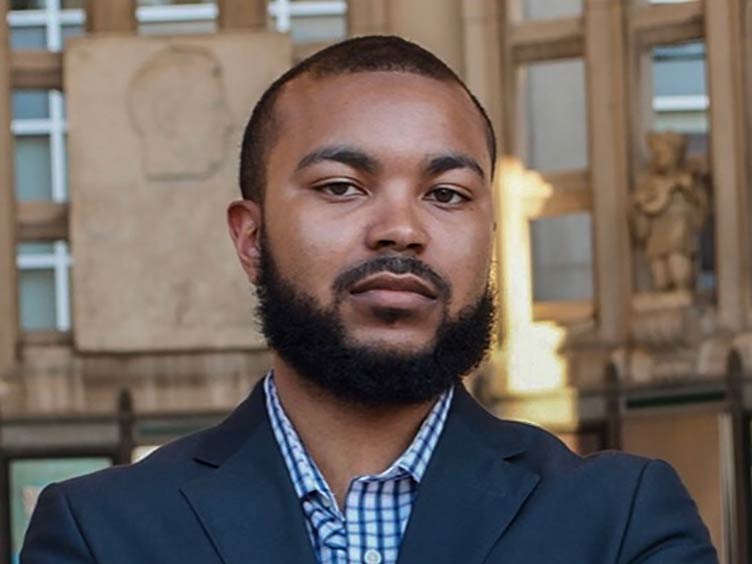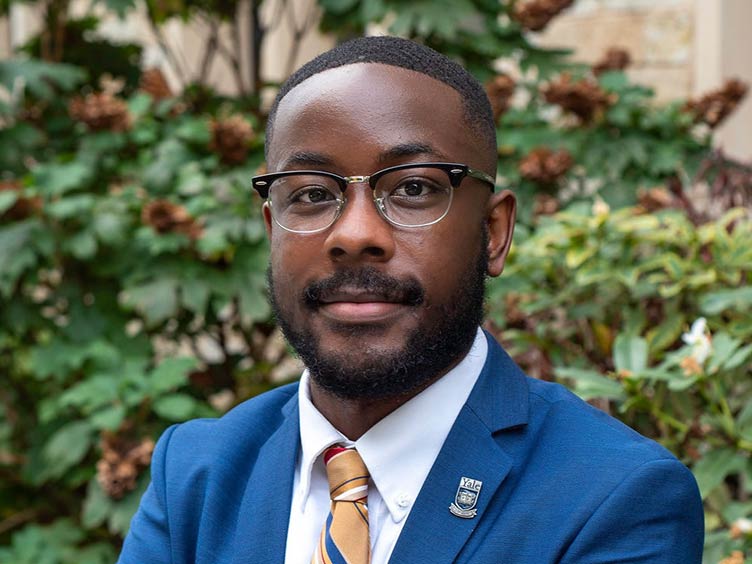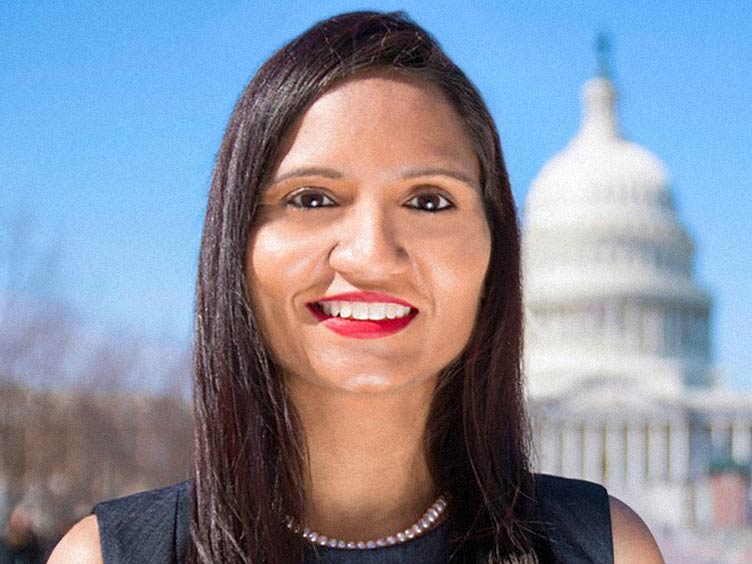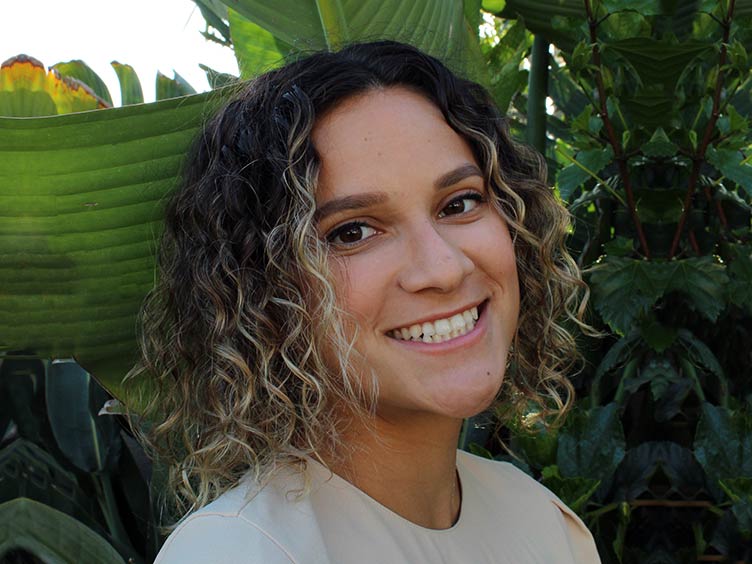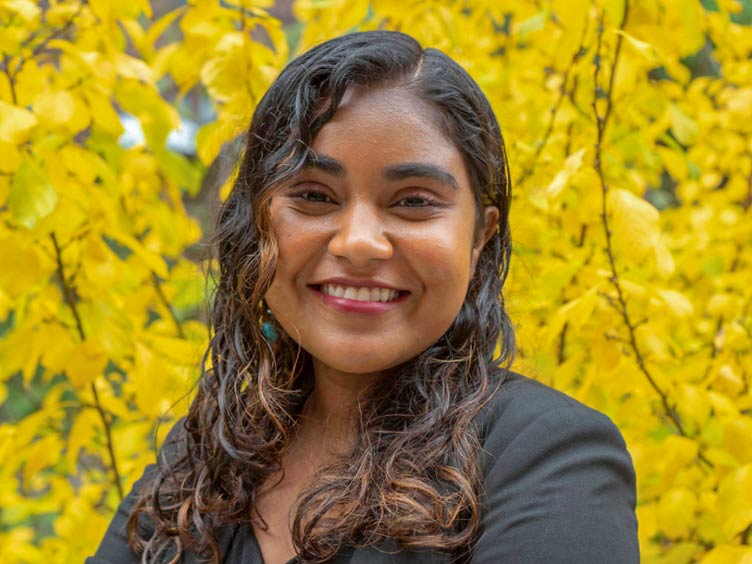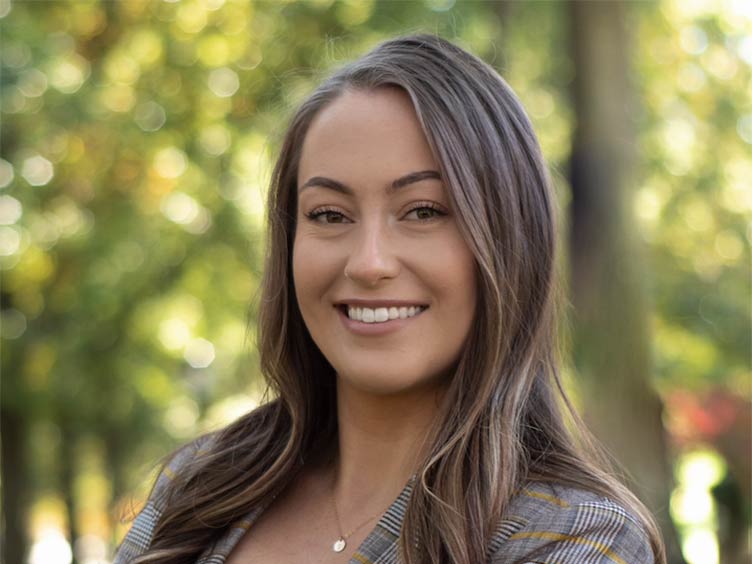Key takeaway from the Environmental Fellows Program: “Philanthropic support shouldn’t be a one-and-done encounter but instead a long-term commitment to redistribute wealth and empower communities.”
Hometown: Denver, Colorado
Fellowship host: The David and Lucile Packard Foundation
Next step: Doctoral program in environmental studies at the University of Oregon
“Through the fellowship, I’m working on a new initiative that aims to support Black farmers. To better advise the foundation on grant recipients, I am speaking with representatives from Black-led, rural nonprofits and other institutions about their goals and needs. For instance, we’re hoping to support the work of some historically Black colleges and universities that are training the next generation of Black farmers and landowners in sustainable agriculture practices.
“I see connections between my fellowship work and my undergraduate thesis that looked at the disproportionate environmental burdens among peoples of color, tracing it back to the beginning of colonialism. I think we have to really reckon with those origins. Sometimes I ask myself whether I’m making any difference by writing about climate change. But I think we’re all contributing in diverse ways, and I’m inspired by the wide range of work we fellows are doing. The fellowship as a whole has helped me prepare for my next step of a PhD program. I think Dr. Taylor wants to ensure that students of color have the resume and necessary professional experiences so we can move up through the ranks in our careers. She and the program have high expectations of us, and that’s been very helpful.”
